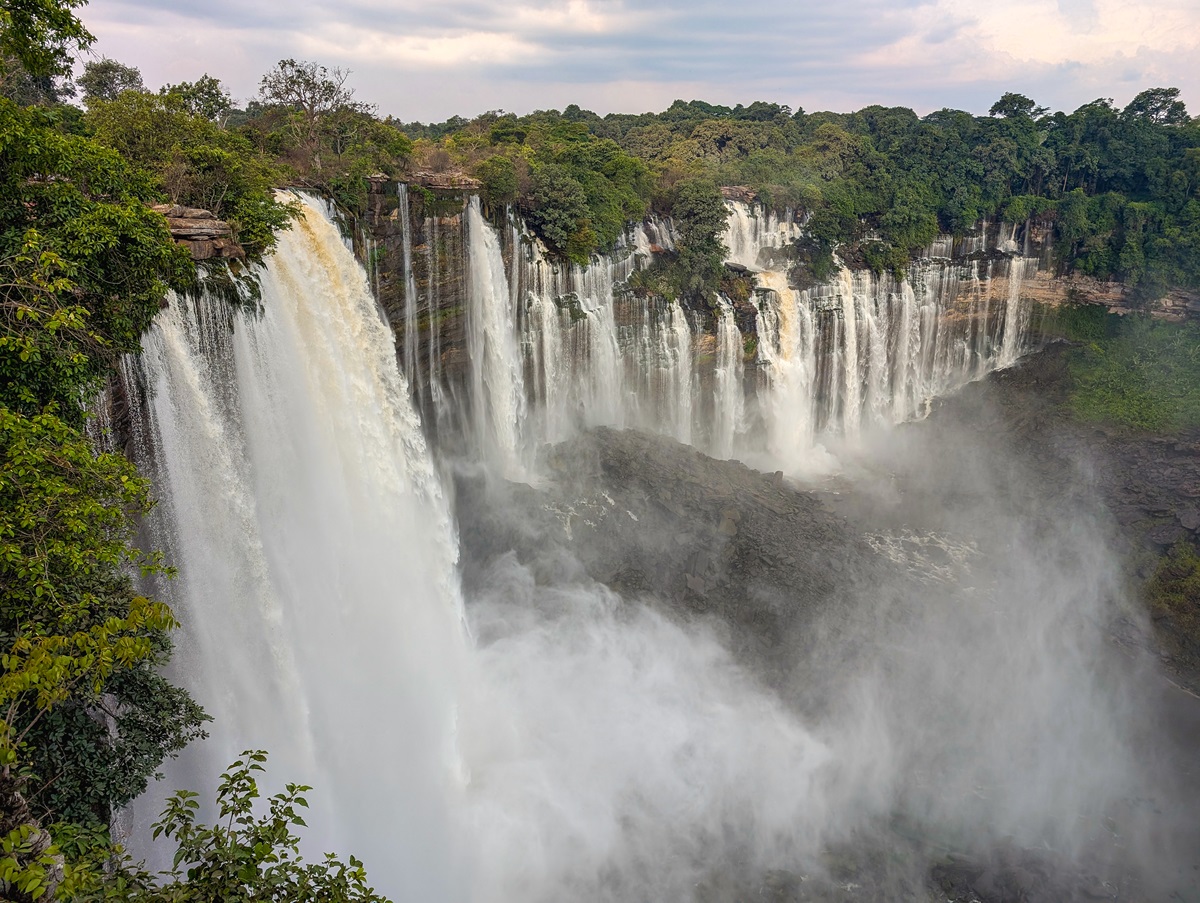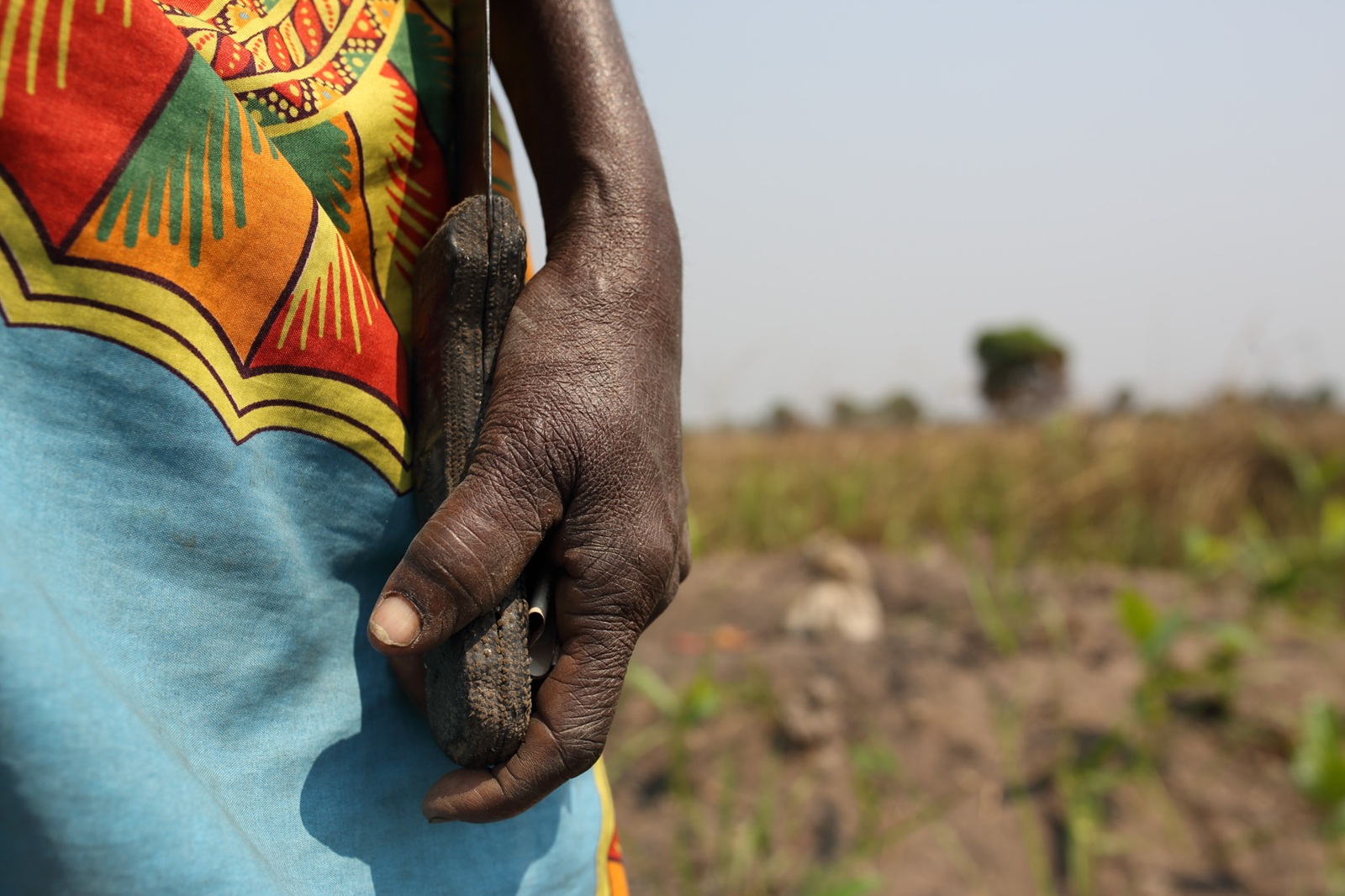Carbon Credibility: How Article 6 Supports Nature-Based Solutions in Angola

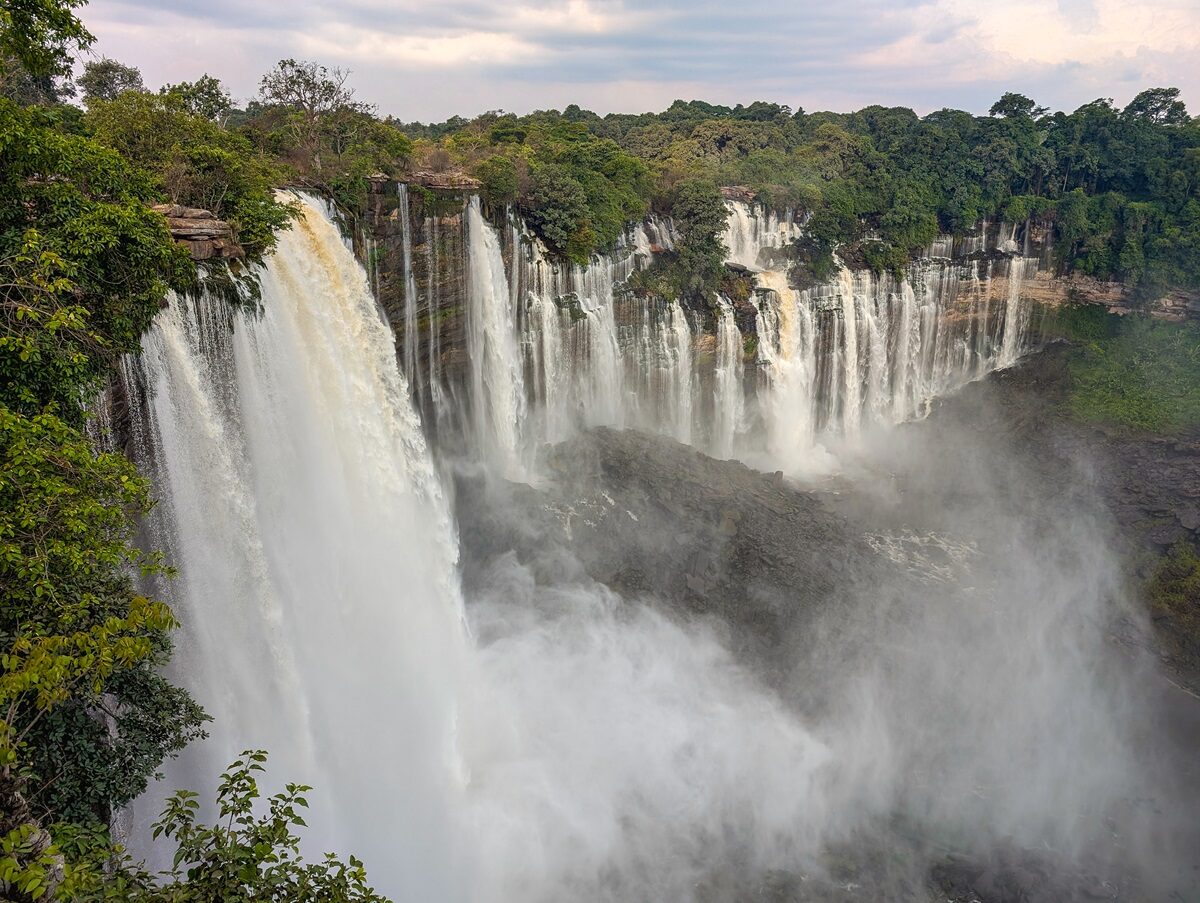
Carbon Credibility: How Article 6 Will Boost Nature-Based Solutions in Angola and Beyond
After nearly a decade of negotiations, COP29’s landmark deal on Article 6, which includes two key market mechanisms: Article 6.2 (bilateral cooperation) and Article 6.4 (the global market mechanism), could transform climate financing and boost high-integrity, nature-based solutions to climate change in developing countries.
The finalisation of Article 6 of the Paris Agreement at this year’s COP29 UN Climate Summit in Baku, Azerbaijan, addresses longstanding anxieties over carbon credits, and will light the way forward for high-integrity carbon removal and reduction investments, such as nature-based solutions.
This represents a significant step forward to countries like Angola, where KAYA is in the process of implementing sustainable land-use projects which would help the country’s government to achieve its climate targets.
Carbon credit confidence
Article 6, set up as part of the 2015 Paris Agreement, sets down rules on the international carbon market, which makes it easier for businesses and countries to invest in nature projects.
It includes Article 6.2, which allows countries to trade internationally transferred mitigation outcomes (ITMOs) – the units of trade under Article 6 of the Paris Agreement. The guidance finalised at COP29 clarified the rules around the trading of ITMOs between Parties, the use of international registries, authorisation procedures and revocation, as well as how the systems will ensure there is no ‘double counting’ of the same emission reductions.
Article 6.4, which establishes a global carbon market supervised by the UN, also saw finalised guidance, and should help to lower emissions and attract investment – especially in low-income countries.
The carbon market has faced a historical lack of trust, but the agreement of Article 6 delivers renewed confidence, making a powerful case for investing in nature markets, and in particular high-integrity carbon credits that represent genuine, verifiable emissions reductions.
A highlight of an otherwise challenging and contentious COP29 (the $300bn climate deal has come under some scrutiny), the agreement helps to demonstrate the value of investing in nature-based solutions. For developing countries like Angola, where KAYA is looking into launching multiple such projects, this represents an effective approach to combatting the impacts of climate change.
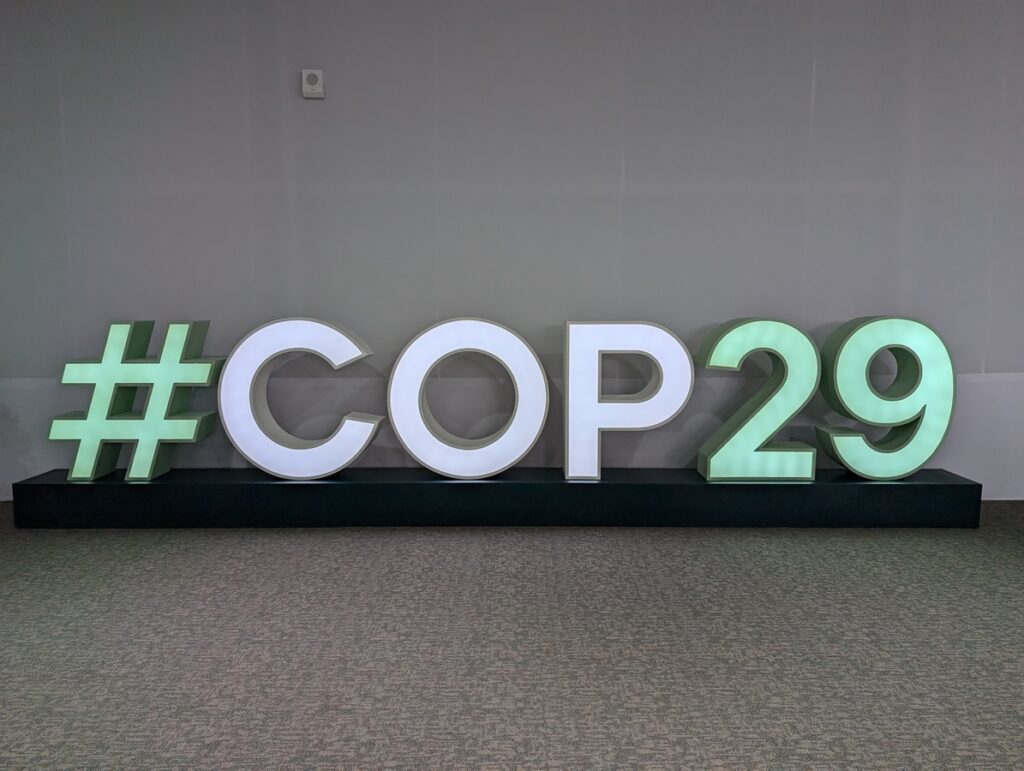
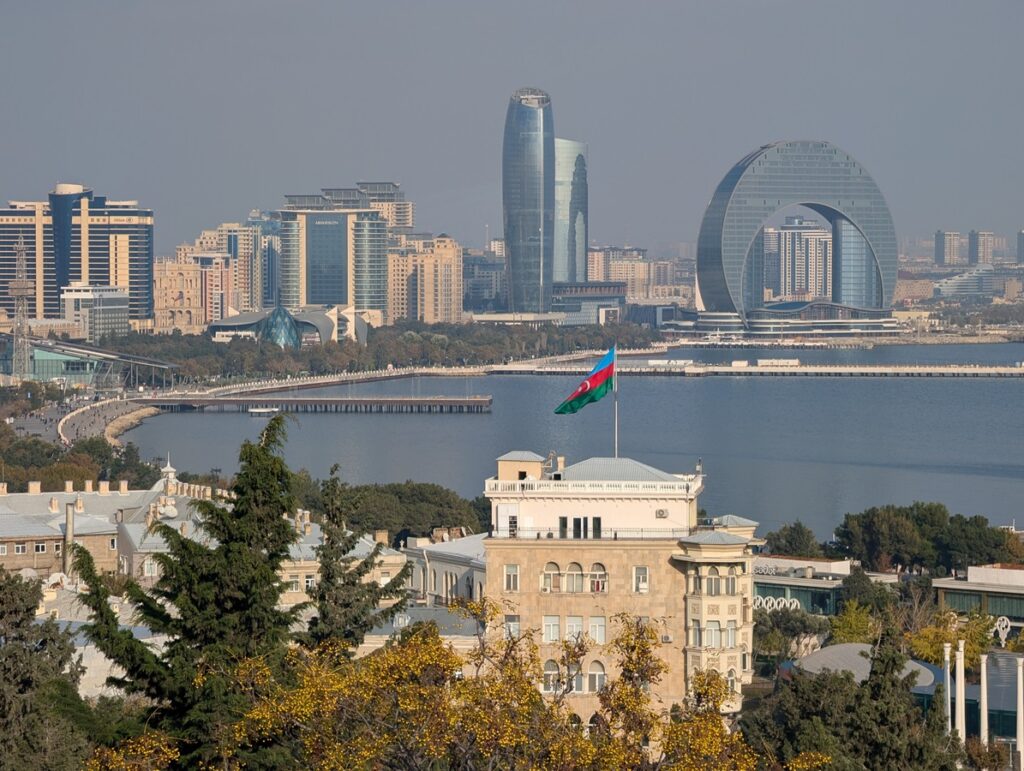
Angola’s ambitious climate targets
KAYA was invited to assist Angola’s State Delegation to COP29, where the country’s Vice President Esperança da Costa addressed attendees with a call to increase adaptation financing to support low-income countries that are especially vulnerable to climate change effects in dealing with loss and damage.
Angola has ambitious climate targets in its Nationally Determined Contribution (NDC). The NDC was revised in 2021, bringing forward the country’s target year for cutting emissions from 2030 to 2025, and is due for an update in February 2025.
The strategic vision of the Government of Angola’s National Strategy for Climate Change 2022-2035 is ‘an Angola that is well adapted to the impacts of climate change and low carbon development that also contributes to the eradication of poverty’. A core part of its mission, to help achieve this, includes leveraging climate finance opportunities, fostering international cooperation.
With vast natural resources, Angola has enormous potential for landscape-scale, nature-based solutions projects such as reforestation and agroforestry.
In the past, despite measurable and tangible benefits, nature-based solutions have sometimes struggled with a lack of funding and infrastructure. But with the gavelling of Article 6, projects that take this approach now have a strengthened opportunity to attract investors who are interested in nature markets.
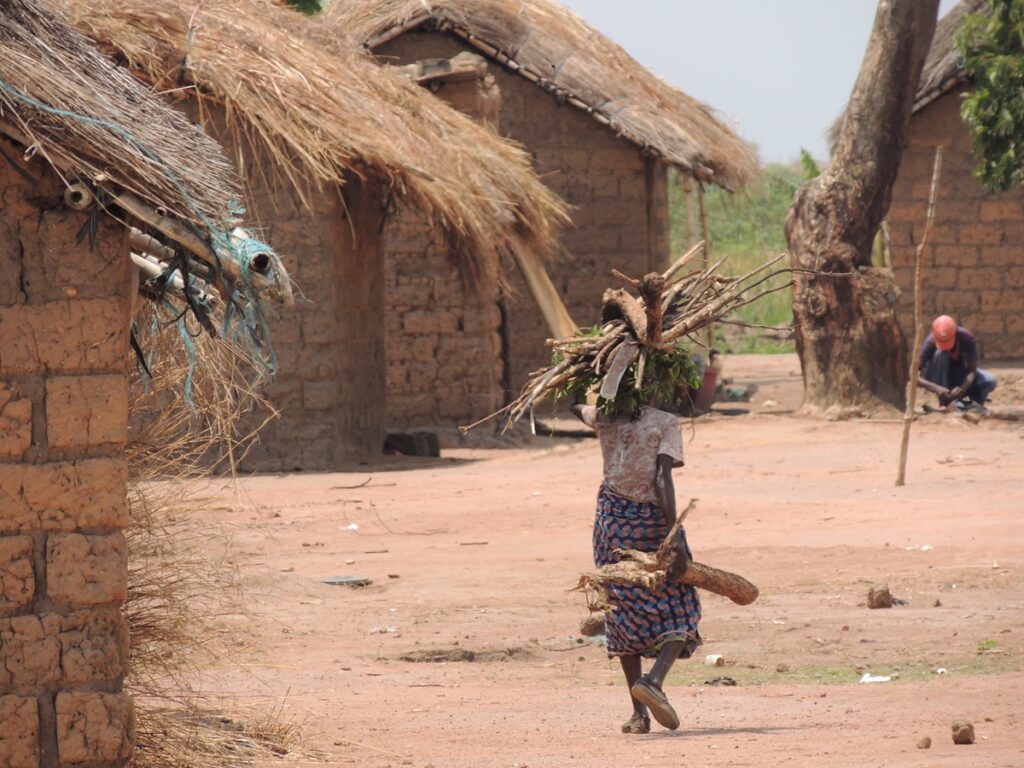
Why nature-based solutions?
KAYA’s reforestation, agroforestry and fire management initiatives in Angola could become the first landscape-level nature-based solutions projects in the country.
Angola is impacted by widespread deforestation, and population growth, hunting, forest fires and charcoal burning threaten its unique biodiversity. Meanwhile, water reserves are decreasing, food insecurity is affecting communities, and temperatures are rising alongside a recorded decrease in annual precipitation. An effective remedy is needed fast.
Nature-based solutions have significant potential to boost and restore biodiversity, mitigate against the adverse effects of climate change, and benefit livelihoods and communities. They are cost-effective too.
Forest and Land Use carbon credit transaction values increased by twenty times from 2016 to 2021. And at KAYA, we adhere to the science-based Core Carbon Principles, developed by the Integrity Council for the Voluntary Carbon Market, which are used to identify high-quality carbon credits that create genuine and verifiable climate impact.
Emissions reduction project investments
While being one of the bright spots of an often-frustrating COP29, the finalisation of Article 6 was itself by no means perfect. We may have agreed rules to help enable a low carbon future through the carbon market, but the next step is to understand how to introduce more accountability and oversight to ensure countries comply with the rules.
Nevertheless, the development represents a turning point – addressing long-standing integrity concerns and lighting a path for projects generating high-integrity carbon credits.
By delivering nature-based emission reductions projects for investors, KAYA can drive meaningful climate action, tackle the biodiversity crisis, and build economic stability and stronger communities over the long-term.
The groundwork for a more trustworthy carbon market is in place. Now is the time to act on it through investment in high-integrity solutions.
If you’d like to find out more about KAYA’s nature-based solutions, get in touch with our team at contact@kaya.global.
Latest Posts






